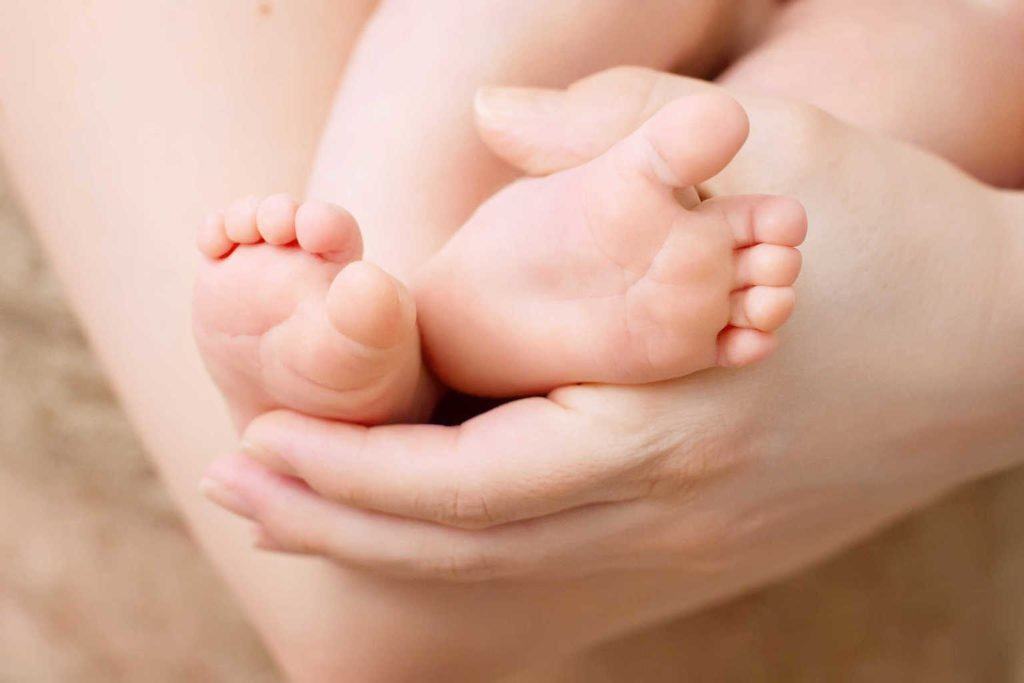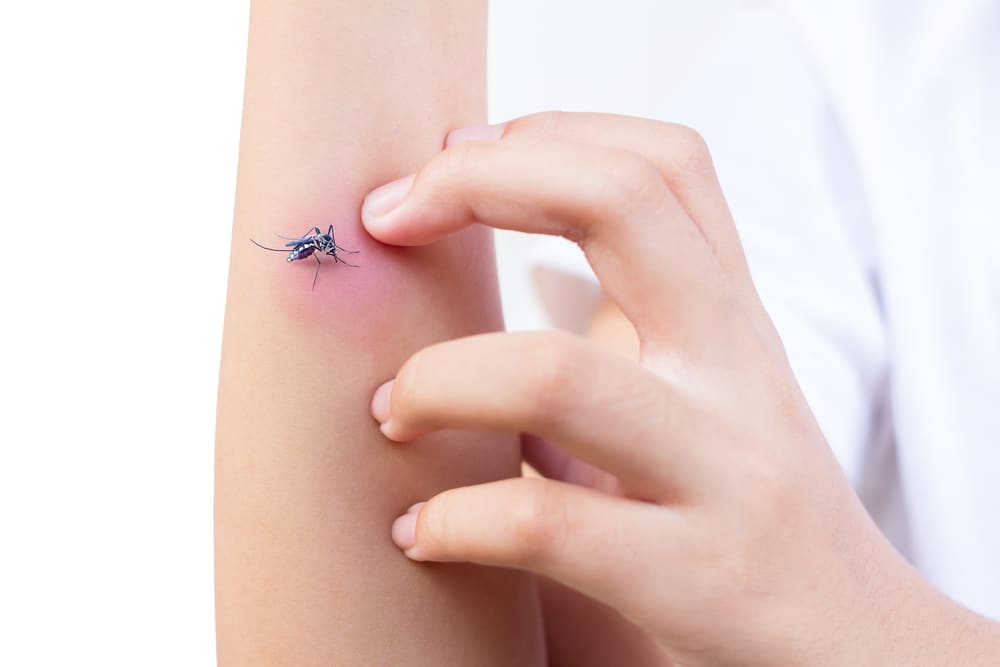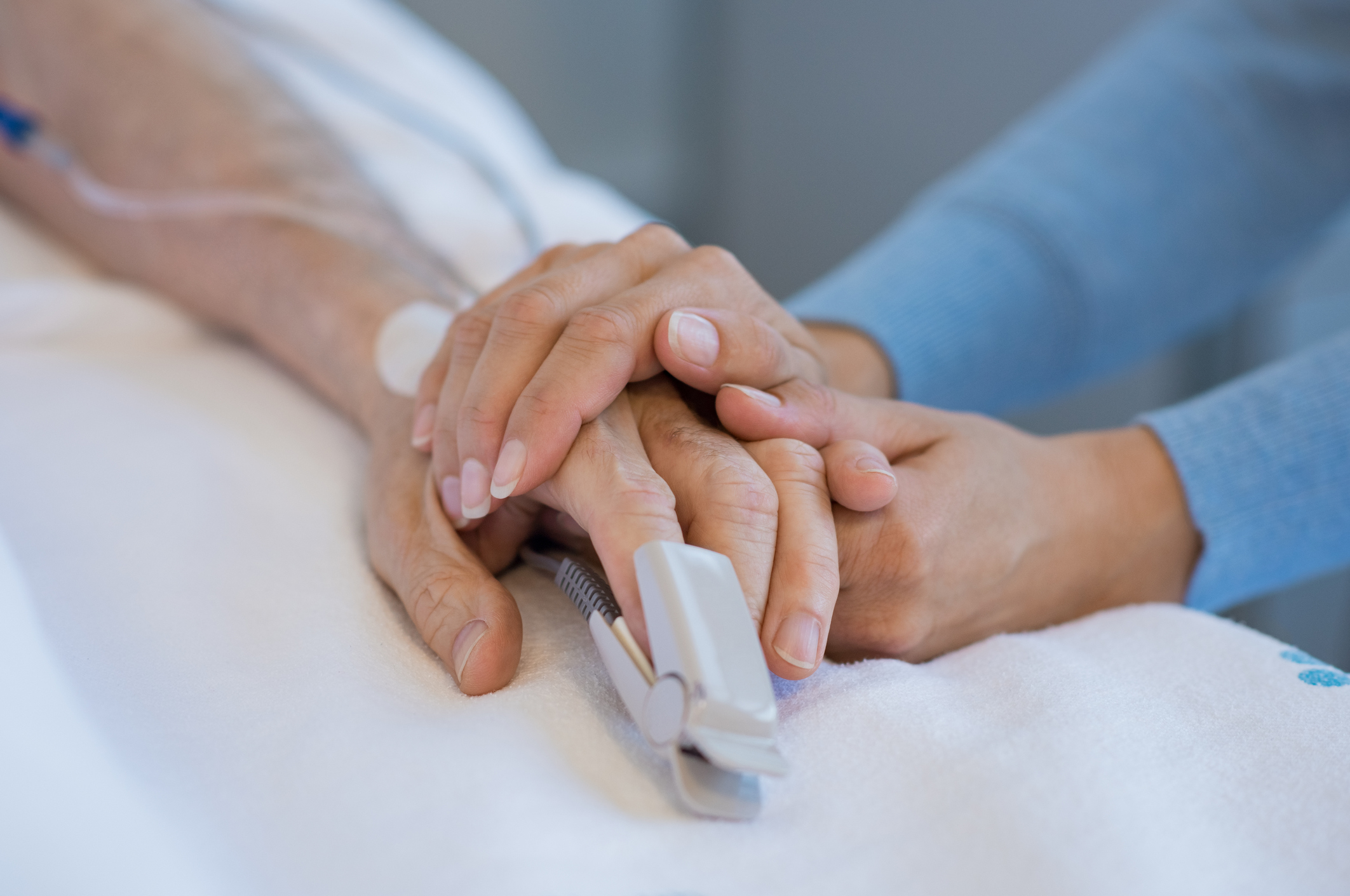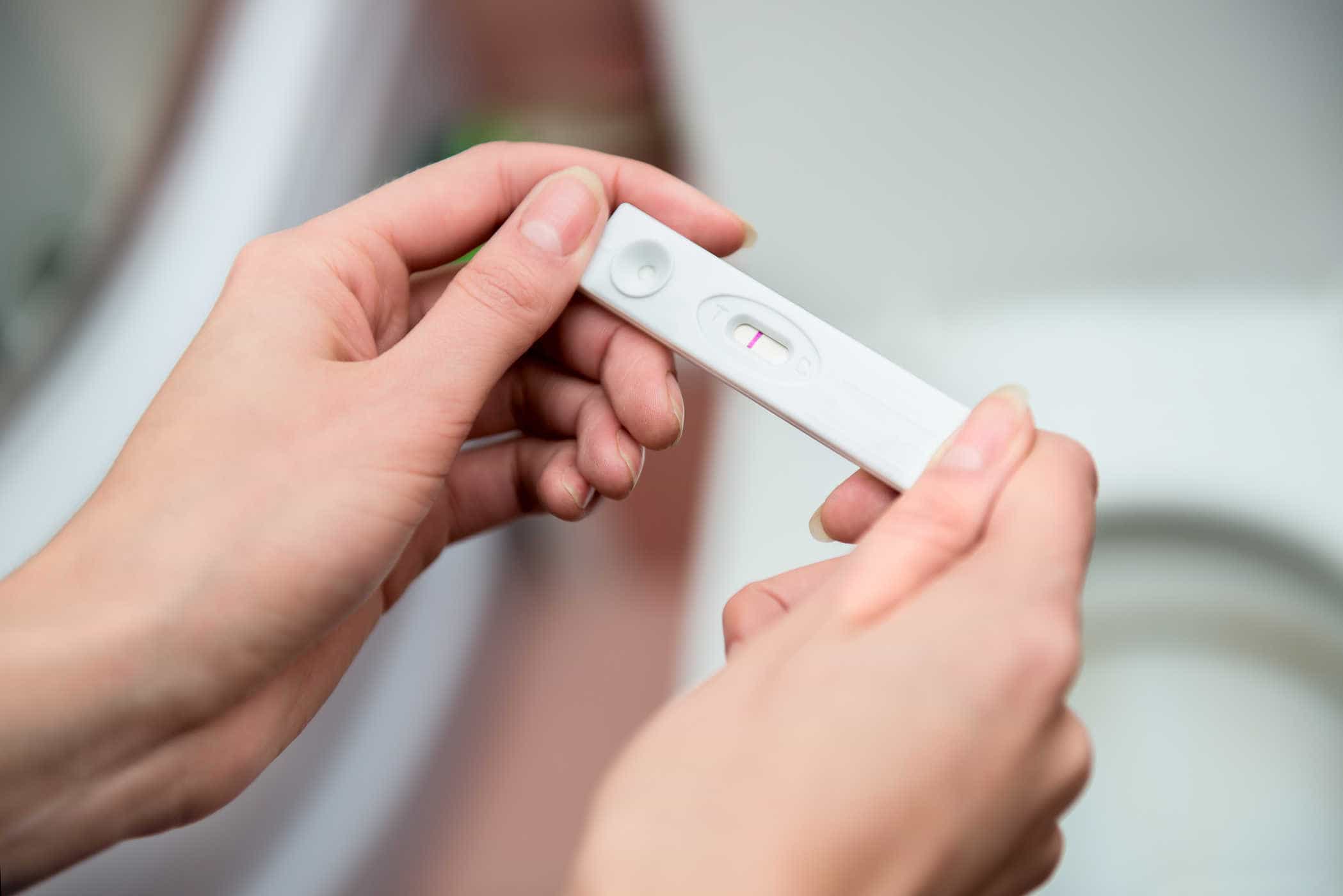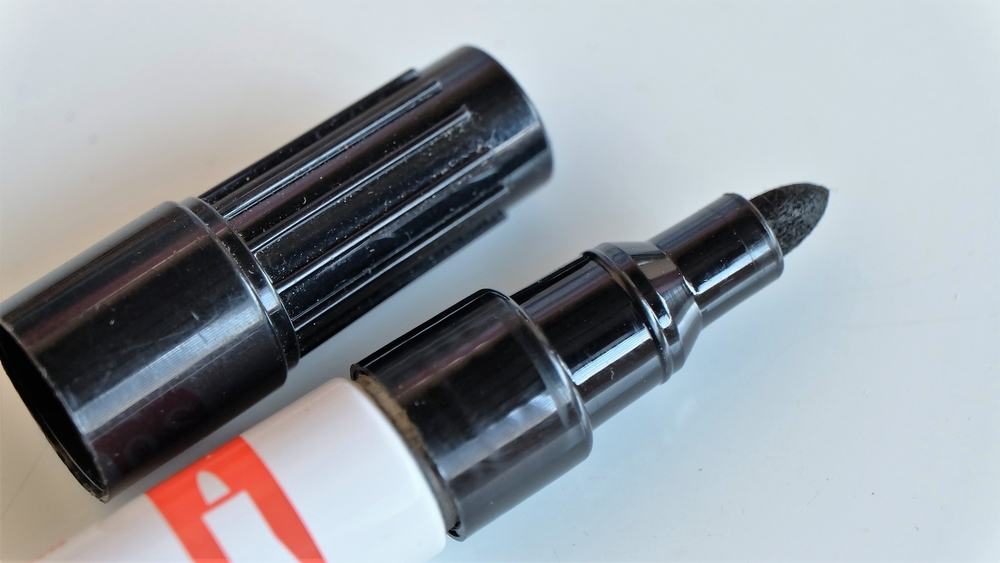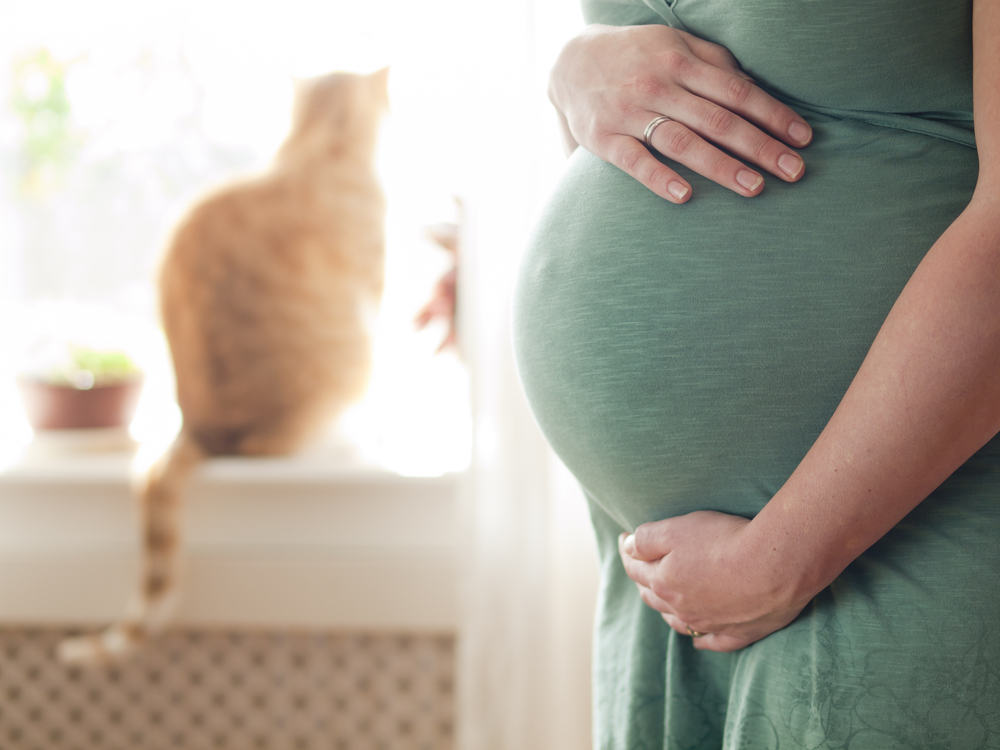Contents:
- Medical Video: 3 months baby died allegedly Doctors nikligancey in pirvate hospital at vijayanagar cly
- Stage of sense of touch
- Your role
- When do I need to worry?
Medical Video: 3 months baby died allegedly Doctors nikligancey in pirvate hospital at vijayanagar cly
Your baby develops his sense of touch since he is still in the womb and continues for the first year and so on. Babies are born with very sensitive skin. Some areas of the baby's body that are very sensitive to touch are the mouth, cheeks, face, hands, stomach, and soles of the feet.
Your baby's first experience with the surrounding environment is through touch. This sensation is very important for the growth of physical, language, cognitive abilities, and skill social-emotional. Touch not only affects development during infancy and early childhood, but also has a long-term effect that makes him realize the importance of gentle touch. Through physical contact, your newborn baby can learn about his world, bonding with his world, and express his needs and desires. After all, 80% of baby communication is done through body movements. When you interact through the right touch, your baby has the opportunity to develop well socially, emotionally and intellectually.
Stage of sense of touch
During the first 6 months, your baby must be able to:
- Turning his head to respond to your soft touch on his cheek and using his mouth to explore the source of touch
- Hold your finger when you touch the palm of his hand. This is the baby's reflex. Similarly, when you put an object in your baby's palm, he can hold it.
- Enjoy your touch when you hold it. Your baby starts responding to gentle touch and tickling. Baby's tongue, lips and mouth are very sensitive. When your baby chews a soft toy, he uses it to examine the taste and texture.
- Know the difference between hard and soft objects
Your baby may also be able to:
- Reach and touch objects
- Lifting and holding, grasping the object with both hands. But he still uses his mouth to feel the texture.
- Enjoy the sensation of being in the water, especially splashing water when he bathes
- Learning to grab and hold objects with both hands, often pass them from one hand to another. He enjoys toys that can be touched and interacted. Encourage this by introducing it to toys that can be heard when held.
Your role
Your baby is very interested in his senses. When you hug or swing your baby, he feels calm and comfortable. Touch is very important, not only for your baby, but for you too. You can feel tired and overwhelmed in caring for a newborn baby, but the best solace for you is to feel the warmth of the baby in your arms. Research shows that newborns who are breastfed but not touched or held can have problems with their mental and physical development. Touch is not only to calm your baby but also to sustain growth and comfort level.
Your baby enjoys a gentle swipe in his hand. This swab helps him to sleep, and encourages closeness between you and your baby. Gentle touches are also beneficial for premature babies because this can help increase his weight, alertness, activities, and can allow him to be discharged early.
Even very ordinary activities such as breastfeeding and bathing, changing clothes and diapers, carrying them, walking with them in your arms, can also stimulate your baby's sense of touch and movement.
Playing is very important for baby's development and learning. Playing with different toys or home appliances can have many positive benefits and help stimulate baby's development. Look for objects and toys with various textures such as soft, rough, hard, soft, and toys that can sound like jingling toys. You can also explore textures through a variety of fabrics, fur and cardboard.
You can start by opening the baby's palm and rubbing it with various textures. If he is interested, your baby may pass the item from one hand to another.
Another way is with massage that provides important physical contact and can strengthen long-term compassion and emotional happiness. This is good for babies, including premature babies and light-weight babies.
It is very important for you to pay attention to your baby's response to various touches. With this, you can understand your baby's needs.
When do I need to worry?
If you realize that your baby does not seem to be able to distinguish warm and cold temperatures during a shower, or does not respond to touch and pressure, or does not react to pain, your baby may have sensor problems. Babies with certain conditions may have sensor problems, for example children with spina bifida can have minimal sensation in their legs. You should discuss with your pediatrician if you are worried.

